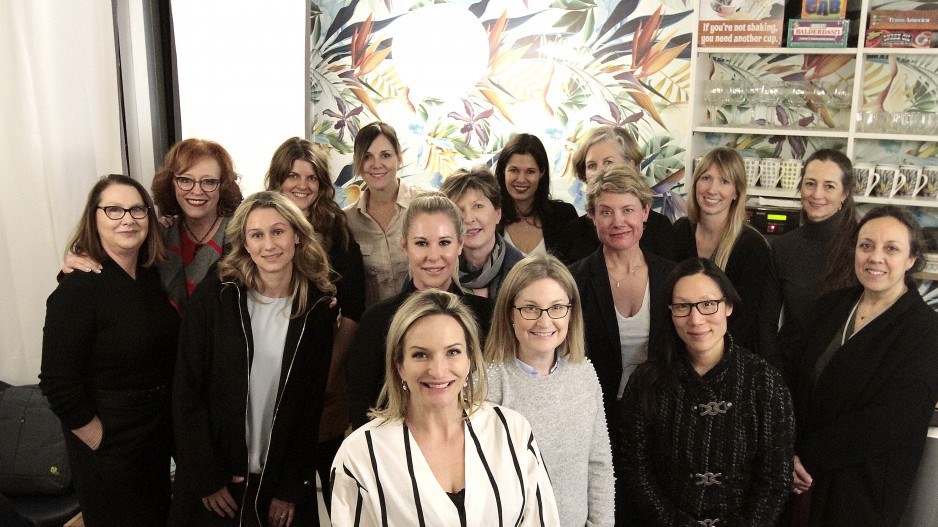Stephanie Andrew couldn’t help but notice a quintessential commonality among the speakers and attendees at angel investment events she began organizing in Victoria in 2014.
“Everyone attending was pretty much mostly men,” recalled the vice-president of finance at Timia Capital Corp. (TSX-V:TCA).
The scarcity of women at those events wasn’t a fluke. Only 22.2% of all angel investors in the U.S. are women, according to a 2017 report from Angel Capital Association.
Meanwhile, the 2017 Halo Report from the Angel Resource Institute and Florida Atlantic University’s Tech Runway found that only 25.7% of angel investments involved deals that went to a company with a female founder.
Comparable data isn’t available for Canada, but a 2017 report from the National Angel Capital Organization estimated there are between 20,000 and 50,000 angels in Canada, leaving a significant demographic untapped for investing in early-stage companies.
“Women have traditionally been very under-represented in angel investing,” said Andrew, who in 2017 co-founded the Women’s Equity Lab, an angel investment group that brought together 20 female accredited investors to pool capital and expertise.
“Potential angels that were not involved in angel investing are getting involved in learning by doing with a small amount of capital so that they can write bigger cheques down the road,” Andrew said, adding $120,000 was pooled during the first round.
The first round closed with investments made in four B.C.-based tech companies specializing in everything from driverless car technology to generating algorithms for self-publishing.
The second round will feature 23 women, and organizations from other parts of Canada have been speaking to the Women’s Equity Lab about expanding its model throughout the country.
It comes as the provincial government makes changes to its own angel investor tax credit to spur declining investments in early-stage companies.
After being introduced in the latest provincial budget in February, the amount an individual can claim in one year under the angel tax credit program doubled from $60,000 to $120,000.
Meanwhile, the maximum amount an eligible business can raise through the tax credit program also doubled, to $10 million from $5 million.
“It has been pretty popular but it has not been revised or updated for about 12 or 13 years,” B.C. Jobs, Trade and Technology Minister Bruce Ralston told Business in Vancouver.
“The degree to which angel investors are more willing to invest is the degree to which more capital will be available [to early stage companies],” Ralston said. “It’s only one mechanism but it needed a refresh and some changes to make it more effective.”
BC Tech Association CEO Jill Tipping said the angel tax credit is an important program but the previous limit proved to be too low in most cases.
“It essentially meant that you were probably getting an exemption for one investment,” said Tipping, whose industry group supports and advocates on behalf of the province’s technology sector.
“A perennial issue for us is that the amounts of angel money available aren’t as big as would be useful [to the startup community].”
Andrew, meanwhile, said angels like herself welcome the changes, but she sees other avenues the government could take to boost growth.
“One idea is to provide a bigger tax credit to new investors, for example 40% for a new angel’s first $50,000,” she said. “This would encourage the participation of new investors.”




